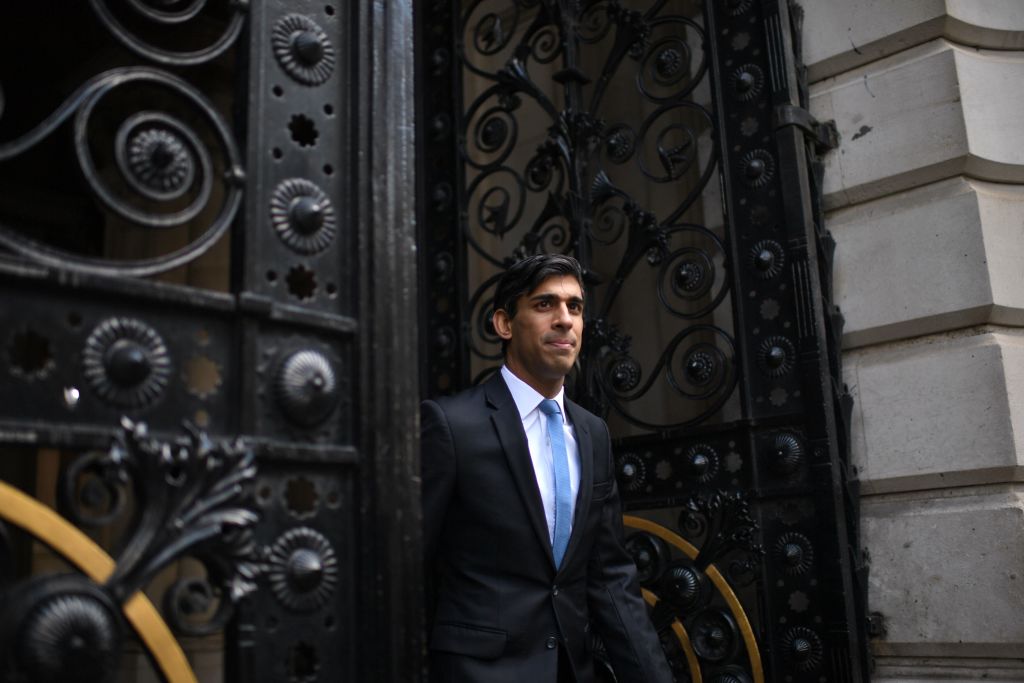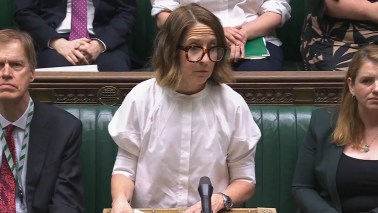A huge increase in job centre advisers; special grants for companies taking on trainees; free cash for anyone insulating their home; cuts to National Insurance; reduction in VAT, and a £500 shopping voucher to re-boot a collapsing High Street. Oh, and an emergency GCRF, or Garden Centre Rescue Fund, to subsidise anyone who helps our heroic horticultural industry by building a new rockery or water feature. Okay, I’ll admit, I made that last one up. But all the others are suggestions that have been put forward for the Chancellor’s mini economic statement tomorrow.
But perhaps Rishi Sunak should try something new: silence. In truth, the government has done an extraordinary amount to help people and businesses through this epidemic. It has printed money, increased spending, and rescued both workers and businesses. Will it be enough? We have no way of knowing. But right now there is another risk – overkill.
No one can complain that the government hasn’t stepped in to support the economy.
Sunak has done more in a few months than most Chancellors manage in a lifetime. His furlough scheme has covered almost a third of the private sector workforce. Emergency loans have been offered to companies both large and small. A start-up fund has rescued small tech companies and may end up taking direct stakes. Only this week an extra £1.57 billion has been found for theatres, galleries and music venues. State spending has been pushed up to war-time levels, and the Bank of England has been printing money like crazy. No one can complain that the government hasn’t stepped in to support the economy.
Whatever your views on the role of the state, no one is able to complain about that. An epidemic such as Covid-19 is – hopefully – a one-off catastrophe, and if society had to go into lockdown, it would be madness not to help businesses through that. There is no point in letting tens of thousands of companies to go bust, yet more may still need to be done.
And yet there are already some signs of the V-shaped recovery the Treasury will be praying for. The shops are opening again, so are a few pubs and restaurants, and construction sites are getting back to work. There will be lots of redundancies, especially among retail chains that were already struggling – and because they are household names they will get a lot of coverage. But real time leading indicators –like Google searches for ‘new car’ – are sending out more positive signals. Indeed, at the last meeting of the Monetary Policy Committee, the Bank of England’s chief economist Andy Haldane actually voted against the latest round of quantitative easing. Enough, he reckoned, had already been done.
Surely, the important point is this: no one has any real idea how much needs to be done to rescue the economy or ensure a rapid recovery. It is a very difficult, largely technical decision, on which it is perfectly possible for well-informed people to disagree. But as well as doing too little, there are risks in doing too much. We don’t want to create yet more zombie companies, with zombie staff kept alive indefinitely by the Treasury. We don’t want to burden ourselves with too much debt which will eventually have to be paid off with higher taxes. And we don’t want to risk sparking a round of inflation by simply creating lots and lots of demand as supply collapses.
An epidemic would always have caused economic damage. That was unavoidable. The task is to minimise it and enable a swift bounce back. But by keeping businesses open and pumping up demand, we should have already done that. Right now, the best the Chancellor could do is nothing. Maintain a steady path, keep Covid-19 under control, and let the economy stage a natural recovery. It is not as exciting as the latest whizzy scheme to bail out one sector or another, but over the medium term it will be far better for the country.






Comments